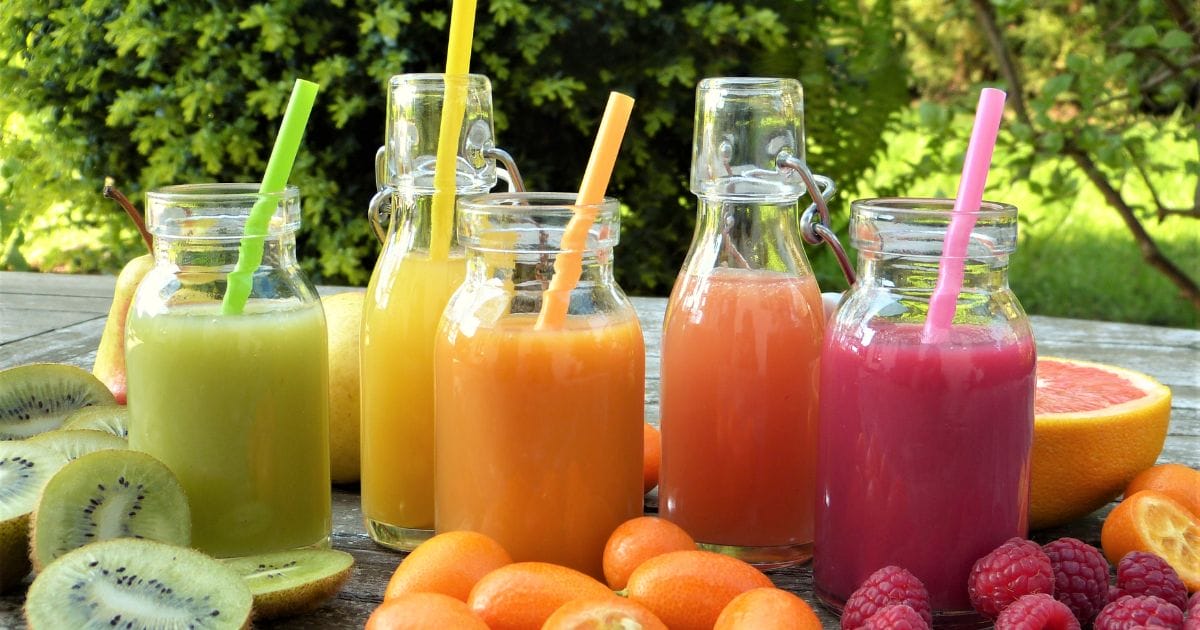A news service from AdvocateAuroraHealth
Juicing is all the rage these days, with claims that drinking juice extracted from fruits and vegetables will cure health problems, detoxify your body and help with weight loss. Juicing also has been promoted as a great way for people who struggle to eat enough fruits and vegetables to get the vitamins, minerals and antioxidants their bodies need.
So, the questions you’re probably asking are: Should I be juicing? Is it that healthy?
In small amounts, it can help add essential nutrients to your diet. Doing it too often, however, isn’t a good strategy for weight loss or detoxification.
The downsides of juicing
- Possible calorie overload: Calories can add up fast with juicing, especially if you use more fruits than vegetables. One small orange contains about 60 calories, but one cup of orange juice contains 120 calories.
- Juicing can be expensive: Juicers often cost several hundred dollars. With juicing, you’ll also go through more produce, adding to your grocery bill. For example, it may take several carrots to get a ½ cup of carrot juice
- Questionable health benefits: There’s no credible scientific evidence that a diet high in juiced foods cleanses the body. Our liver and kidneys take care of cleansing naturally when we eat healthfully. You may feel better and drop a few pounds with a juice cleanse/fasts, but the weight you lose will be mostly water weight, and the loss short-term.
- You’ll lose important fiber: Juicing machines pulverize the fruit and vegetables, extract the juice and leave the pulp and fiber behind. Fiber is crucial to your digestive system. It helps with lowering cholesterol levels, stabilizing blood sugar levels, keeping us regular and providing a feeling of fullness. Drinking instead of eating vegetables and fruit makes you feel less satisfied as juice digests quickly in the body. Studies show the best way to feel full is to eat foods high in both fiber and water content such as whole vegetables and fruit.
- Slow metabolism: After more than three days on a juice cleanse or fast, your body starts breaking down muscle mass for protein, slowing your metabolism. Because juice cleanses and fasts are low in protein (and usually calories), following them can give you headaches, lightheadedness, dizziness and low blood sugar.
Get the benefits of juicing without hurting your health
- Drink small amounts to keep calories down: Eight ounce serving for vegetables, four to six ounces for fruit.
- Include whole fruits and vegetables in addition to juice: Make sure you’re getting enough fiber. Eat fruit for a snack twice a day. Double your vegetable serving at lunch or dinner, including using them in soup or stir-fry.
- Use the leftover pulp from your juicer: Add it to soups, veggie burgers, muffins and more for additional fiber
- Consider using a blender instead of a juicer. Blending retains fiber. Not all vegetables work in the blender, but there are still many possibilities and fun combinations to explore. Smoothies are a great way to get your nutrients and fiber, too.
- Add protein and healthy fats to your concoctions: For dietary balance and to increase satiety (feeling full), add yogurt, milk or milk alternatives, nuts and nut butters, powdered peanut butter (PB2), ground flaxseed and chia seeds.
This article originally appeared on health enews.






